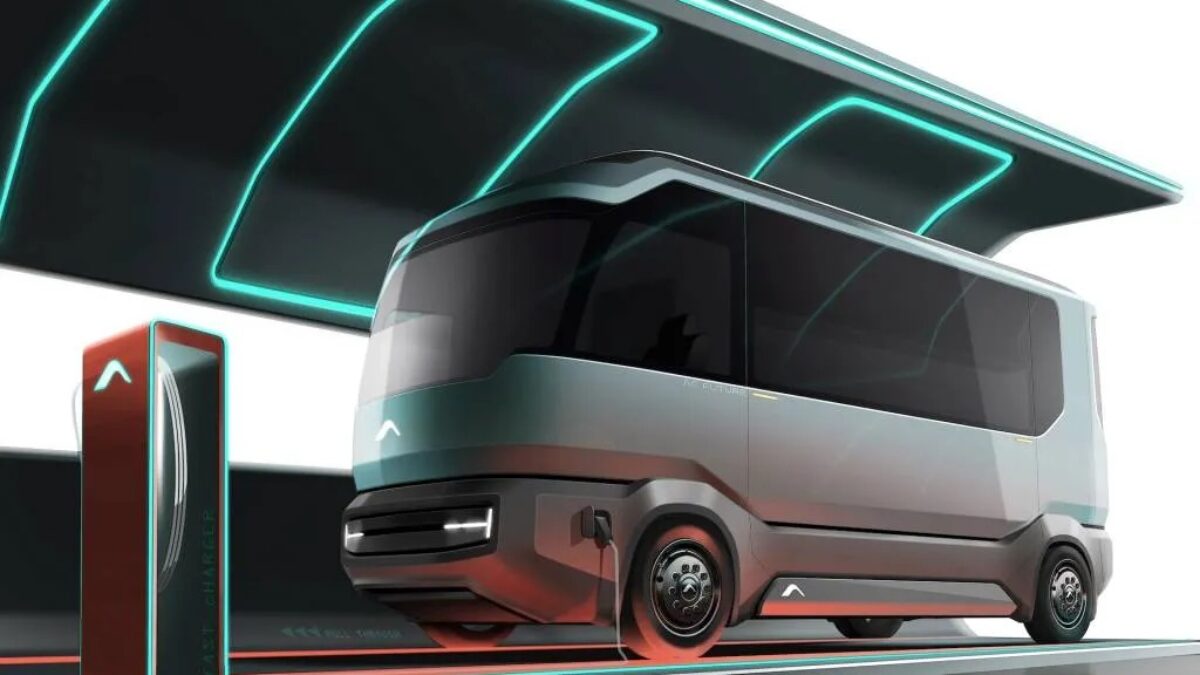As the world becomes increasingly aware of the environmental challenges we face, the shift toward sustainable practices in all areas of life has gained momentum. Eco-travel—which emphasizes reducing carbon footprints while exploring the planet—is one of the major trends in the tourism industry. In this movement, RVs (Recreational Vehicles) are emerging as a powerful and viable option for environmentally conscious travelers. With their ability to combine mobility, comfort, and self-sufficiency, RVs are the future of eco-travel and offer a promising solution for reducing the environmental impact of traditional tourism.
The Eco-Friendly Benefits of RV Travel
The appeal of RVs lies not only in their ability to offer travelers a sense of freedom but also in their environmental benefits. Unlike conventional travel methods such as flying or road-tripping in multiple cars, RVs provide a more sustainable alternative for those seeking an eco-friendly vacation experience. Here are several reasons why RV travel stands out as a green choice:
1. Reduced Carbon Footprint
One of the most significant advantages of RV travel is its potential to reduce carbon emissions. When compared to flying or taking cruises, RVs generally have a smaller environmental footprint. By traveling in an RV, travelers can eliminate the need for multiple cars, thus cutting down on fuel consumption and emissions. Many modern RVs are designed with fuel-efficient engines, and some even feature hybrid or fully electric models that further reduce their environmental impact.
Additionally, the fact that RVs are mobile allows travelers to choose eco-friendly routes, stay in off-grid locations, and even visit areas with minimal tourist traffic, which helps preserve fragile ecosystems.
2. Minimalist and Self-Sufficient Living
A key principle of eco-travel is minimizing resource consumption while maintaining comfort. RVs offer an opportunity for minimalist living, where travelers can embrace a more sustainable lifestyle. With built-in solar panels, water-saving technologies, and energy-efficient appliances, RVs allow travelers to go off the grid without sacrificing convenience.
By reducing reliance on external resources such as electricity and water from hotels or resorts, RV travelers can enjoy a self-sufficient experience that minimizes waste and conserves energy. In fact, many RV parks now offer eco-friendly options, such as solar-powered hookups, composting toilets, and recycling stations, making it even easier for travelers to stay green on the road.
3. Reduction in Overcrowding and Environmental Pressure
Traditional forms of tourism often contribute to overcrowding in popular destinations, putting a strain on local resources and causing environmental degradation. In contrast, RV travel offers a more decentralized and spread-out approach to exploring nature, which can help alleviate these pressures.
RVs allow travelers to visit remote, less-visited areas, where they can enjoy the beauty of the outdoors without contributing to overcrowding in popular tourist spots. By choosing more rural or protected spaces, RV travelers can directly contribute to the preservation of these ecosystems by respecting their fragility and natural balance.
The Growing Popularity of Eco-Conscious RV Travel
The demand for sustainable travel options has been growing exponentially in recent years, and RV manufacturers have taken note. Today’s RVs are designed with sustainability in mind, featuring cutting-edge technologies that enhance efficiency and reduce waste. From energy-efficient appliances and solar panels to eco-friendly materials and low-emission engines, the modern RV is a far cry from the gas-guzzling models of the past.
In addition to the physical changes to RVs themselves, the rise of eco-conscious RV parks has played a major role in the eco travel revolution. These parks are often located in natural settings, offering eco-friendly amenities such as green roofs, composting stations, and rainwater harvesting systems. Travelers who choose these parks can rest assured knowing that their stay is as sustainable as their journey.
4. RV Communities and Eco-Conscious Travel Culture
The growing interest in eco-friendly RV travel has also given rise to a thriving community of like-minded travelers. Online forums, blogs, and social media groups now exist where eco-conscious RV travelers can share tips, ideas, and resources for sustainable travel. This eco-travel culture encourages individuals to adopt sustainable practices, such as reducing plastic waste, supporting local businesses, and using renewable energy sources.
The RV community is becoming a source of inspiration for other travelers seeking to make their trips more eco-friendly. Whether it’s through eco-friendly RV modifications, the use of biodegradable products, or the creation of sustainable travel itineraries, the RV movement is helping travelers become more mindful of their environmental impact while still having fun and exploring the world.
The Future of Eco-Friendly RV Travel
As environmental concerns continue to grow, it’s clear that the future of travel must be aligned with sustainability. RV travel offers an excellent solution, combining mobility, comfort, and eco-conscious living in one package. In the coming years, we can expect further innovation in the RV industry, including:
-
Electric RVs: The rise of electric vehicles is revolutionizing many sectors, and RVs are no exception. More manufacturers are developing fully electric RVs, which will drastically reduce the carbon footprint of travel. These electric RVs will feature longer battery ranges and quicker charging capabilities, making them a viable option for eco-conscious travelers.
-
Smart and Sustainable RV Technologies: Advances in technology will lead to even more sustainable RVs, with smart systems that optimize fuel consumption, manage waste, and monitor energy usage. These innovations will allow travelers to reduce their environmental impact while enjoying the freedom of the open road.
-
Eco-Friendly Infrastructure: As demand for sustainable travel grows, RV parks and campgrounds will continue to evolve to meet eco-conscious needs. More facilities will adopt renewable energy sources, improve waste management systems, and offer amenities that encourage sustainable travel.
Conclusion: Eco-Conscious Travel for a Sustainable Future
Why RVs Are the Future of Sustainable Travel, The eco travel revolution is well underway, and RVs are poised to play a significant role in the future of sustainable tourism. With their ability to reduce carbon emissions, promote self-sufficiency, and encourage mindful travel, RVs offer an innovative and practical solution for eco-conscious travelers. As the demand for greener travel options continues to grow, RVs will lead the charge in providing eco-friendly adventures that benefit both travelers and the planet. Whether you’re a seasoned traveler or a first-time RV enthusiast, the future of eco-friendly exploration lies on the road ahead, with RVs paving the way for a more sustainable, conscious, and exciting travel experience.



